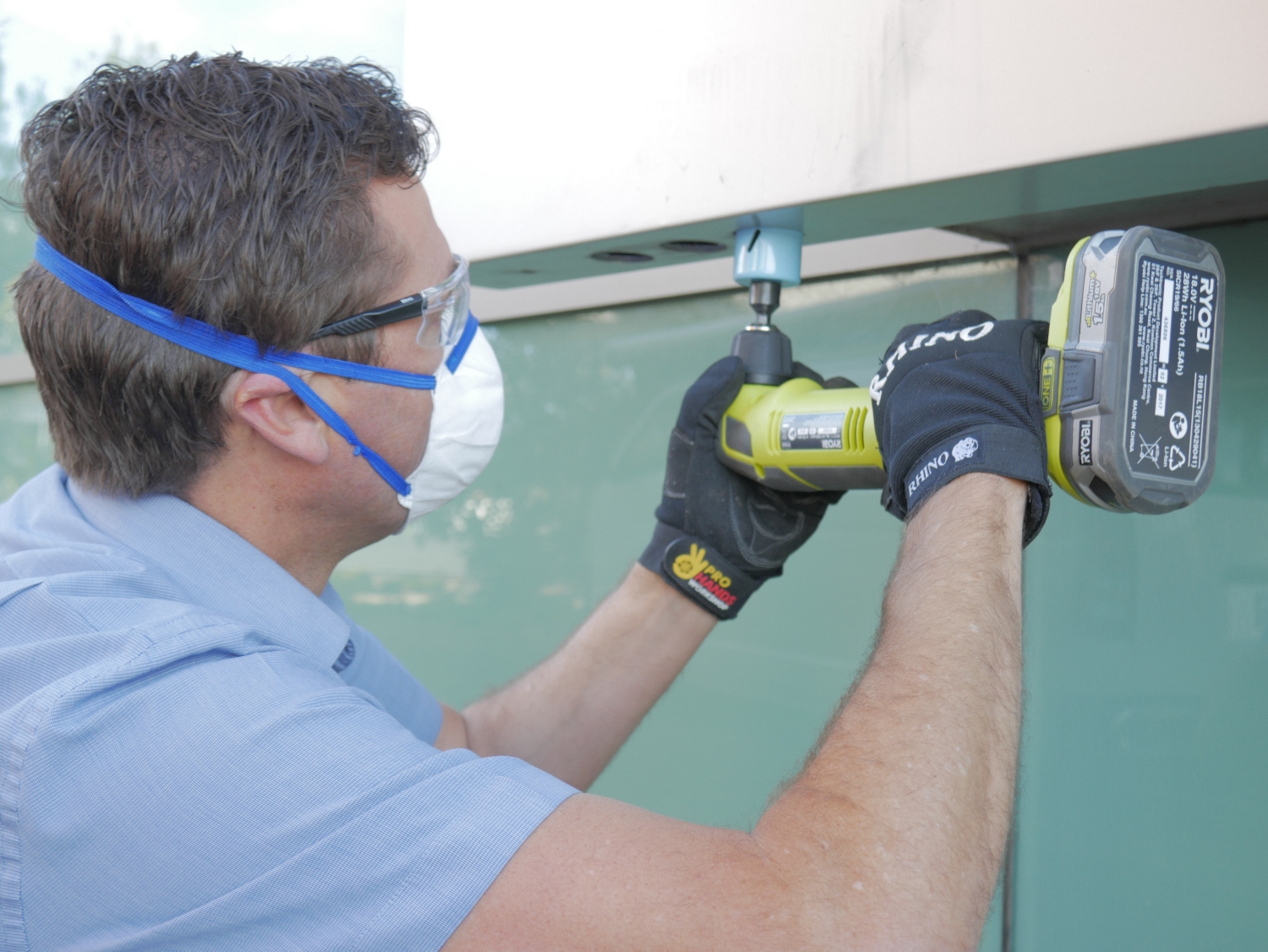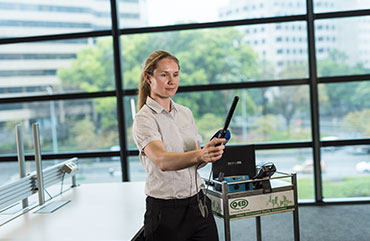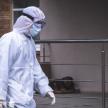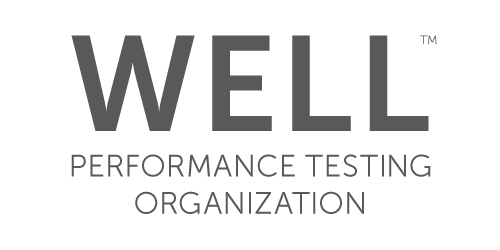
26th
Legislation Changes for Combustible Cladding
The ‘combustible cladding crisis’ that followed the terrible events at Grenfell Tower in London in 2017 has led to varied responses at the state and federal levels, putting non-compliant and non-conforming building products in the spotlight.
With so much happening in relation to the legislative changes we wanted to summarise what has changed both nationally and across the states.
This post, from national law firm Mills Oakley, is a great place to start.
In the article Mills Oakley identify out of cycle amendments to the National Construction Code (NCC), and raise concerns over shortcomings the NCC may have in relation to the regulation of the use of Aluminium Composite Panels (ACPs).
A mandate to address the permanent labelling of ACPs has been progressed by the Building Ministers Forum (BMF) which has now resolved to ask Standards Australia to develop a standard.
QLD and NSW made legislative changes in late 2017 that have begun to bite, especially in NSW, where the regulator has banned ACPs in certain buildings and has otherwise subjected their use to rigorous testing and approval processes.
In VIC, the relevant Minister has also issued a Guideline that restricts the use of ACPs and makes their use subject to review before building approval may be granted.
A new loan scheme has also been introduced in the state to assist affected owners to remediate their properties which now also covers buildings under construction.
Combustible cladding audits also continue in SA, WA, Tasmania and the ACT.
It will come as no surprise that regardless of which state they are in, owners of buildings with non-compliant cladding should act quickly to ascertain whether the building requires modification and if so whether this cost is recoverable from the builder.
With insurance underwriters implementing new exclusion policies to reduce their exposure Mills Oakley recommend owners seek legal advice to determine the best way to recover costs.
You can learn more about our building cladding testing process and we welcome you to contact us to find out more information.
Categories
Recent Posts
Navigating the GRESB 2024 Updates: Key Changes and Implications
26th Nov
GRESB’s 2024 Real Estate Assessment introduced significant changes, refining how ESG performance is measured and reported. These updates a...
Trichloramine and Indoor Air Quality in Swimming Pools
05th Nov
For swimmers and pool workers alike, the characteristic "chlorine smell" at indoor swimming pools is part of the experience. Howev...
Indoor Air Quality Takes Centre Stage: A New Government Report on Airborne Virus Transmission
30th Sep
The importance of Indoor Air Quality (IAQ) has gained significant attention following the release of a groundbreaking report from Australia�...

















